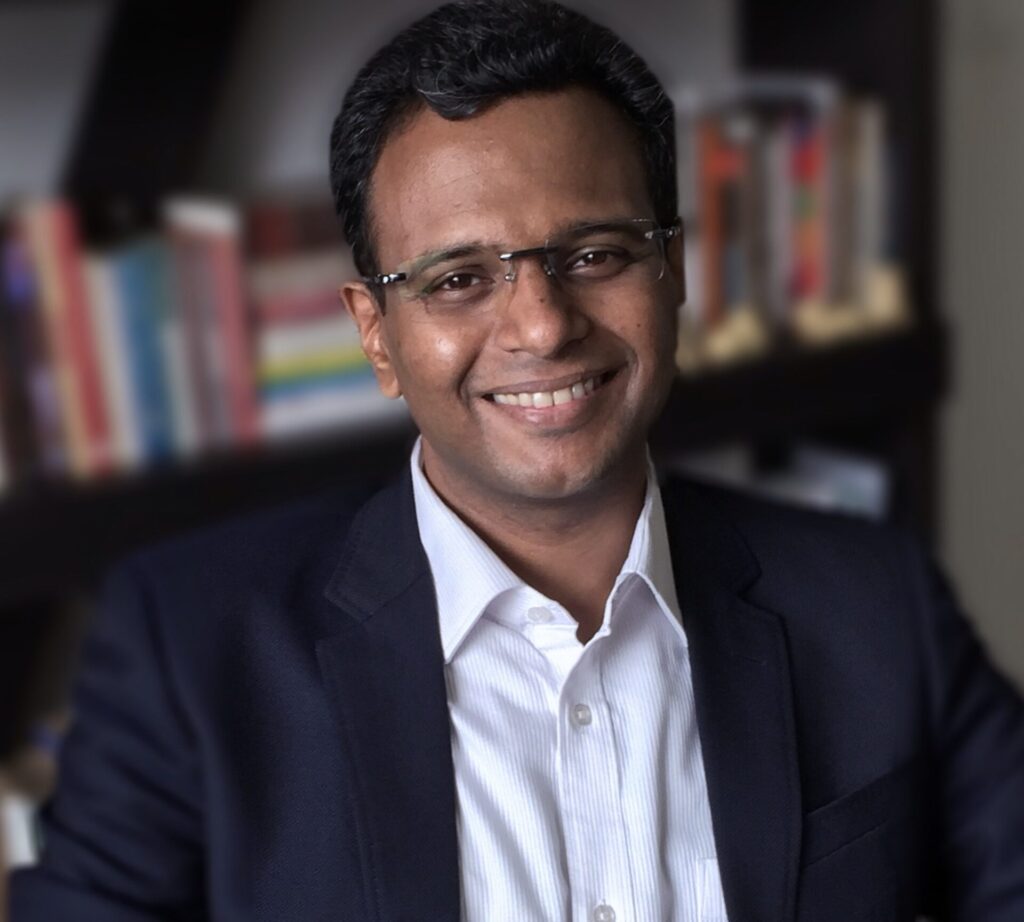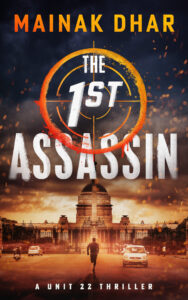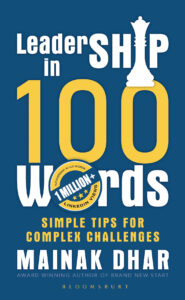Can you tell us a little bit about yourself?
Like most people, there are many sides to me. My ‘day job’ has been in the corporate sector for over 26 years, and I’ve been a CEO for over 10 years. I’ve also been lucky to pursue my passion for writing through the years and have more than twenty books to my name. Having said that, the most important role I play is to be the best possible husband and father I can be.
How many unpublished and unfinished books do you have?
None. I may not immediately write something when an idea comes to me, but I make sure I come back to it and work on it.
Where did you get the idea for your most recent book?
My most recent book (The 4th Traitor) is an easy one as far as inspiration goes. It’s a continuation of the Unit 22 series I began with The 1st Assassin, and in this novel, I take the protagonists and Unit 22 on a new mission that I hope readers enjoy.
How did you develop your plots and characters?
That’s an interesting question, and the answer to which is more complex than it seems.
Plot development has two aspects- the strategic (Why are you writing this? Why should the reader be interested in it) and the execution (What are key elements and How do you bring them to life).
The ‘Why’ for me lies in issues and causes I deeply care about. A lot of my fiction focuses on themes of each of us having a role in making the ‘system’ better instead of just taking it for granted, of how conflict in the world around us could be better understood if we went beyond media headlines and social media hyperbole and built empathy with those we see as ‘others’ and also a deep-rooted appreciation for those who serve the nation in uniform, having come from a family that has served the nation across generations, and a desire to portray the humanity and reality of these real-life heroes.
The ‘What’ for me in fiction usually starts two things. First, having a character I want to spend the next few months with. This is important to me since I write a lot of my fiction in the first person, and I want to immerse myself in the character, and make him as relatable, real yet with all the human flaws we all have. I spend some time bouncing that around. What’s his story? What does he want out of life? What are things that trigger him? The next part of plotting starts with asking some provocative ‘what-ifs’ eg. In Sniper’s Eye, it was ‘What if the guy in front of you is shot by a sniper in a Mumbai mall’ and for 03:02 it was ‘What if all the lights went off and no electronics worked any more?’. That provides a springboard for taking the characters and putting them into this ‘sandbox’.
The ‘How’ for me has broad planning where sometimes I’ll know how I want to end the story, and sometimes I won’t, but at least a broad flow of key events, incidents, and revelations that I jot down. Then, I pretty much write ‘free-flow’, taking a break every few days to check back for consistency and logic flow.
How do you get inspired to write?
It’s hard to put my finger to it, as I get inspired by many things- a place I visit, a conversation I have, a piece of news, but I think the common thread to being inspired as a writer is to be insanely curious. When I hear or see something that sparks interest in me, I’ll dig deeper and try and understand why things are the way they are, why people behave they way they do, why some things work out the way they do. Often the spark for a story or an idea comes from that exploration.
What are you currently working on?
I try and mix up my fiction and non-fiction work, so after spending some time with Unit 22 for the last couple of books, am about to start work on a book aimed at helping young employees navigate the workplace.



